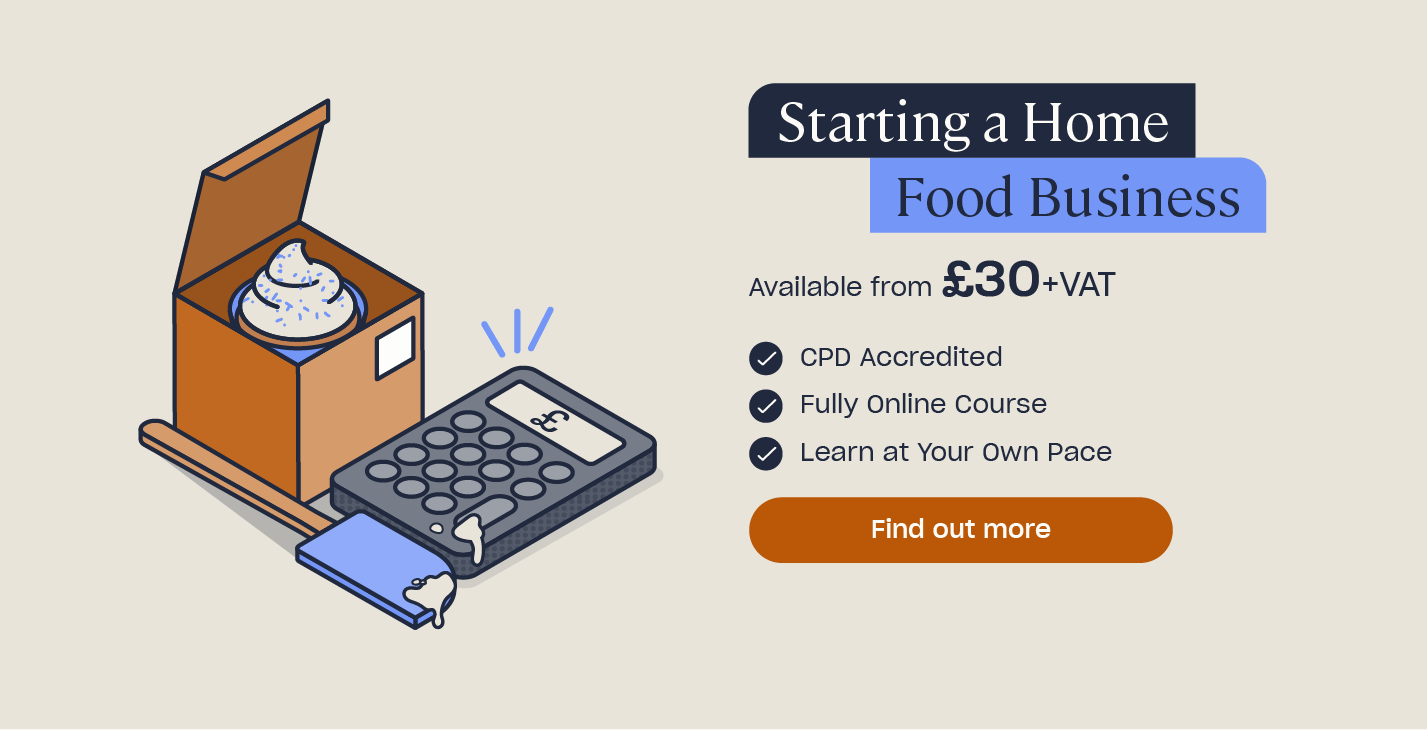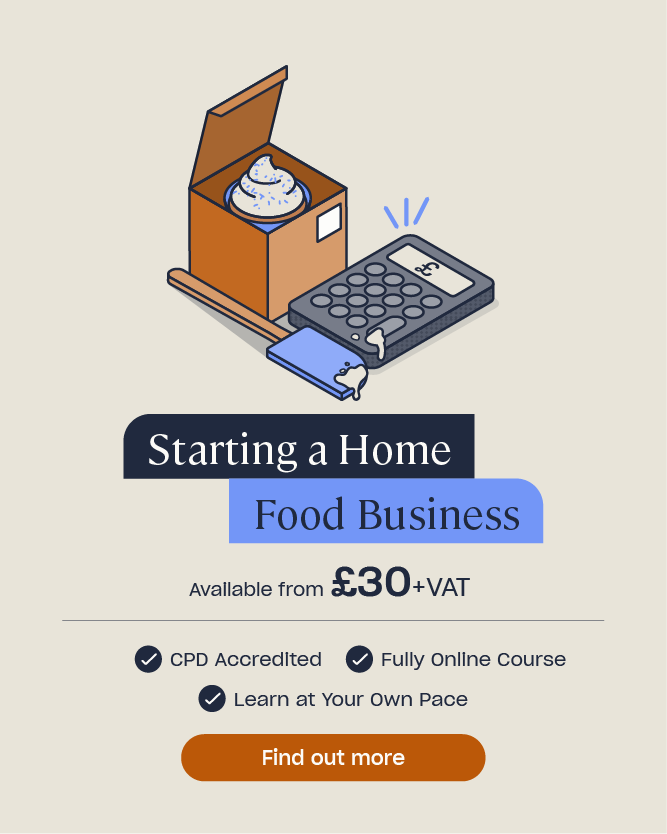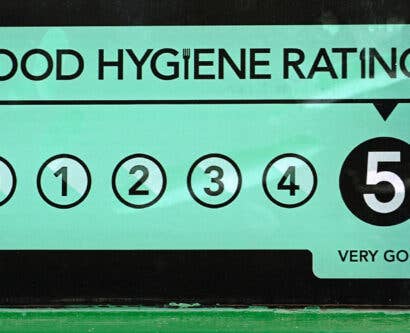How to Start a Sweet Business
The popularity of sweets is one that has no age limit – there is something for everyone, from the newest sweets on the market to those traditional sweets that evoke feelings of nostalgia. When it comes to starting your own sweet business, however, there can be many things to consider to ensure it is the right option for you.
In this article, we will provide you with all the information you need to know about getting started with a sweet business, from creating a business plan to the rules and regulations you must follow. We will also provide some ideas on how you can market your new venture.
Why Start a Sweet Business?
Starting your own business can be challenging, but many do so for creative and financial freedom, to change their lifestyle or to follow a passion, all of which can be immensely rewarding. Sweet businesses in particular can come in many forms – here we refer to those selling sweets to the public directly or through collaboration and not those selling their own handmade sweets as a supplier.
Whilst it can be a competitive market, it is also one that can offer many benefits and opportunities, particularly given the array of confectionary options available. Starting any business from scratch requires a lot of work, but as this type of business often requires a relatively simple business model, it can be one that proves easier and faster to get going.
As well as a quicker business launch, sweet businesses generally have the added benefit of a high markup price (how much a product is sold for vs how much it costs to buy) and an easy profit, owing to the fact the sweets being sold are not generally produced by yourself and are instead bought from a reputable supplier, such as a sweet wholesaler.
There is a great deal of scope when it comes to who your business targets, the type of sweets you sell and whether you do so in person, online, from home, or from other dedicated premises. These details will be clarified as you create your business plan and look further into your market research.
If you are in the early stages of considering which food business you may want to start, why not take a look at our ideas for starting a food business from home for further inspiration.

Is selling sweets profitable?
A sweet business can be very profitable and financially rewarding. How, where and to whom you sell your products will all have an impact on your costs, but as confectionery generally has a high markup value, there can be great opportunities to bring in an impressive profit.
Selling sweets also allows for maximising sales opportunities throughout the year, at times of celebration, such as Valentine’s Day, Halloween, Easter, and Christmas, or during exam results times or the end of school terms. These are all times when gift buying increases and tailoring your product to these times and even offering specific deals can help to boost profits further.
Owing to the popularity of sweets and confectionery, there is a good chance demand will always remain high, with the potential to meet newer, increased demands in confectionery, such as gluten-free, vegan and vegetarian products.
Want to Learn More?
Our Starting a Home Food Business course gives you the knowledge you need to start your own food business from your home. It covers the fundamental steps you need to take to comply with the legalities and food hygiene and safety regulations associated with starting a food business, along with offering ideas for promoting and marketing your business
How Do I Create a Sweet Shop Business Plan?
A business plan is an essential part of starting a business. It helps you to set out your objectives and aims in writing, and for those seeking financial investment, it acts as a proposal that can be pitched to investors. Having a comprehensive business plan allows you to have all the important information regarding your business in one place, helping you to keep a clear picture of the business and focus on its direction and what you want to get out of it.
Whilst a business plan can be set out in various orders, the executive summary should always be first and the appendices should be last. It should be easy to read, set out in a clear and professional manner and include the following:
- Executive summary/mission statement.
- Business description.
- Marketing strategy and research.
- Financial plan.
- Appendices.

Having a clear and detailed explanation of your business idea, target customers, financial projections and marketing strategy will showcase your understanding of your business as a whole and therefore make you more appealing to investors.
A few questions you should ask yourself when planning your business include:
- What products will you sell?
- Who will you aim to sell them to?
- Where will your sweet shop be located – at home, a stall, or other premises?
- Do you require financial investment?
- Will you hire additional staff?
- Who are your competitors?
We have created a one-page business plan that is free to download and use. This is a useful tool to note down all your ideas, research and strategies as you prepare to complete your full and final business plan. You can find the link here. A more in-depth business plan template and further information on how to complete it can be found in our starting a home food business course.
What Are the Regulations for Selling Sweets?
When selling to the public, it is vital for you to understand the requirements of handling or selling food. Food safety law applies whether you are preparing and selling food from home, in a restaurant or from other premises, it is your responsibility to ensure the food is safe to eat and will not place your customers in harm. As well as this, you must also comply with the legal responsibilities that come with being a business owner and employer.

It is important to consider the following:
Registering your business
You must register your sweet business before trading. You should ensure you are set up as a sole trader, a limited company, or a partnership. For more information on how to register your business, go to gov.uk. Always ensure you register with HMRC (HM Revenue & Customs) and keep records of your income, profits and expenses.
It is worth being aware that when you register your business, an Environmental Health Officer (EHO) will come to inspect your premises, usually within 28 days.
During the inspection, EHO inspectors will assess three areas of your home business:
- The physical condition of your premises – Measuring your cleanliness, and whether you have suitable ventilation and pest control measures. If you need to undertake a risk assessment for your premises, you can find a free template here.
- Food hygiene – Whether you have safe preparation, cooking and storage of food, and how you cool or reheat your products.
- Food safety – What kind of precautions you have in place for this, such as having a HACCP (Hazard Analysis and Critical Control Points) system implemented.
Once they have completed their inspection, the EHO will issue you with a food hygiene rating. If you’d like to learn more about what to expect from an EHO visit, you can do so here.

Food hygiene training
It is a legal requirement that all food handlers understand the basic principles of food hygiene and how to work with food safely. As such, you may consider taking an online food safety course such as our Level 2 Food Hygiene and Safety for Catering. This provides the necessary information regarding your legal responsibilities and best practice to ensure food safety.
Food labelling and packaging
Food labelling is another crucial part of food safety. You must always correctly label your sweets and ensure that the labelling is clear, easy to read and not misleading in any way. You can find out more information in our guide to labelling, here. There are regulations regarding certain information that must be displayed on labels, and also specific allergen regulations for distance sellers. You must be able to provide accurate allergen information for your customers, especially to comply with the legislation Natasha’s Law. You can find a free allergen risk assessment and checklist that you can use to ensure you are complying with regulations in our article, here.
Need a Course?
Our Food Labelling Regulations Training is designed as an introduction to food labelling regulations so that businesses understand how to label their food products legally and correctly. We also offer Food Allergen Awareness Training, which will help food handlers identify and label allergens correctly in order to keep customers safe.
Selling food without face-to-face contact with the consumer
Online, via phone or mail order, are examples of this type of selling, and you will need to comply with regulations when selling in this way, this is a legal requirement.
Employment legislation
If you employ staff in your business, you must follow employment legislation. Ensuring you comply with legislation on recruitment, working hours, pay, sickness, discrimination, dismissals and maternity or paternity pay.

Insurance
Always make sure you have appropriate insurance that covers all areas of your business. If working from home, do not assume your home insurance will suffice.
Notification to process personal data
You can apply for this licence with the Information Commissioner’s Office (ICO). If your business processes personal information, such as payroll information, employee or client details, or if your business has CCTV, you will need to apply for a licence.
Marketing Ideas for Your Sweet Business
There are many ways to increase awareness of your business. Increasing awareness increases sales opportunities, therefore, marketing yourself effectively is vital. Let’s take a look at some of the ways to help you raise your profile and help you to build a customer base.
Word of mouth is an excellent way to spread the word about your business. If people have a good experience with your business, they are likely to tell their family and friends, thus, increasing your number of potential customers.
Business cards are fairly inexpensive to make, are a great way to raise awareness of your product and brand and also to share your contact details with a potential customer.
Social media can help to grow your business. You can encourage people to share your posts and participate in giveaways. You could also offer discounts or freebies for ‘likes and shares’. For example, offering a discount code to the first 100 people to purchase a certain item after they have shared a post. Make sure you get your family and friends to help you reach a wider audience on social media by ‘liking’ and ‘sharing’ your posts which will help you reach people they know, too.

Supplying other businesses is another great way of marketing your business. Research other local businesses, whose products or services may complement your own. For example, if you were in the business of ‘pick n mix’, or customised sweet packages, an event planner might be a good place to look for a collaboration.
Setting up a stall is another good option. Food festivals or markets are great for reaching a larger audience, with the potential to build business contracts and connections. Attending venues outside of your usual area will also showcase your business to a new group of people.
Positive marketing methods should be underpinned by excellent customer service and a positive customer experience. It can also help raise your profile if you encourage customers to leave positive reviews.
Starting a new business can be a fun and rewarding challenge, particularly a sweet business. With many options available for what you sell and how you sell it, always ensure you have carefully researched your potential new venture and that you comply with all the legal requirements and regulations applicable to your business.
Further Resources:
- Starting A Home Food Business
- Food Packaging Materials: Regulations & Different Types
- Guidance on Food Additives Legislation for the UK and EU
- How to Start a Street Food or Food Truck Business
- How to Start a Cupcake Business
- How to Start a Food Business From Your Home
- Pest Control Quiz











